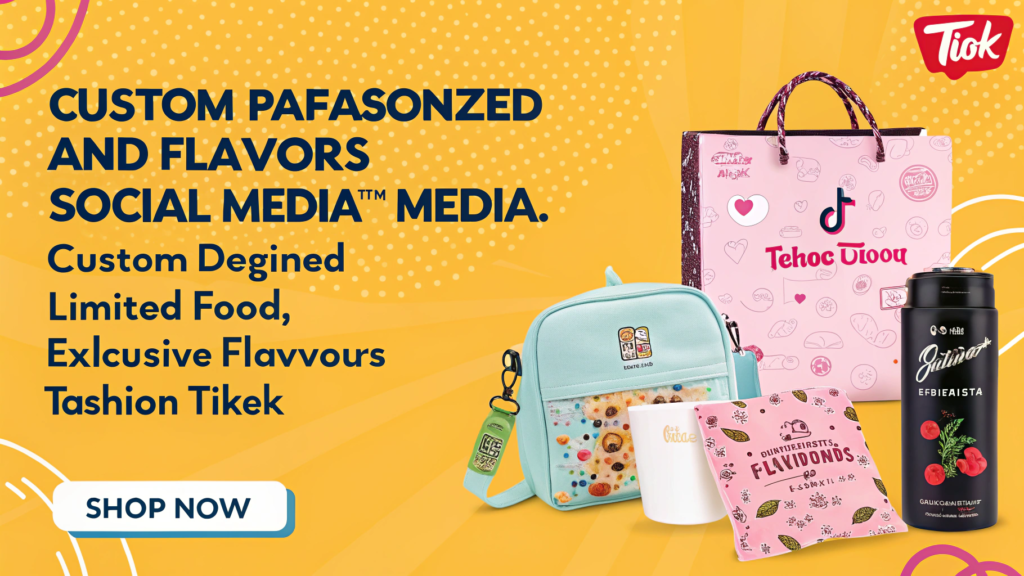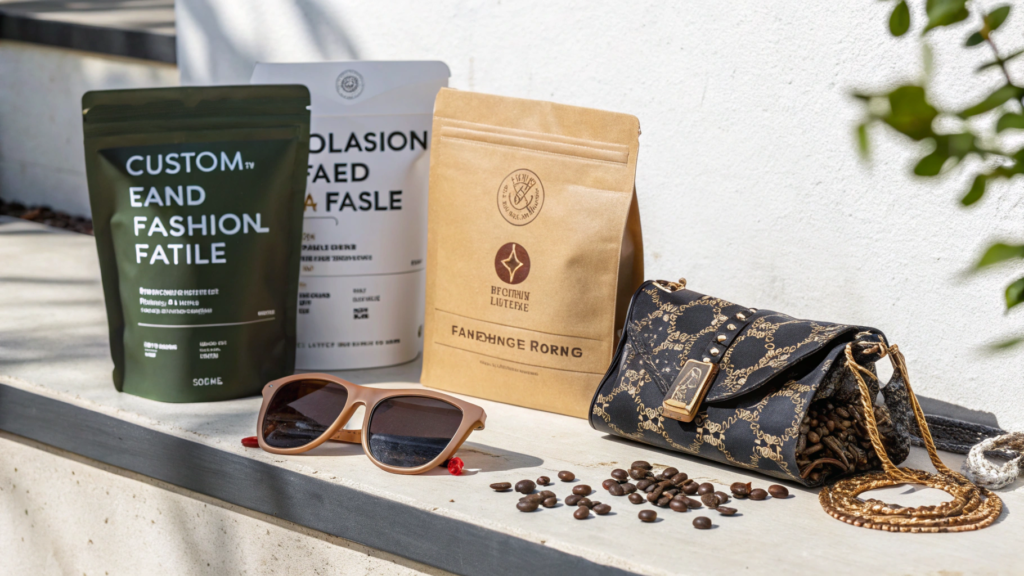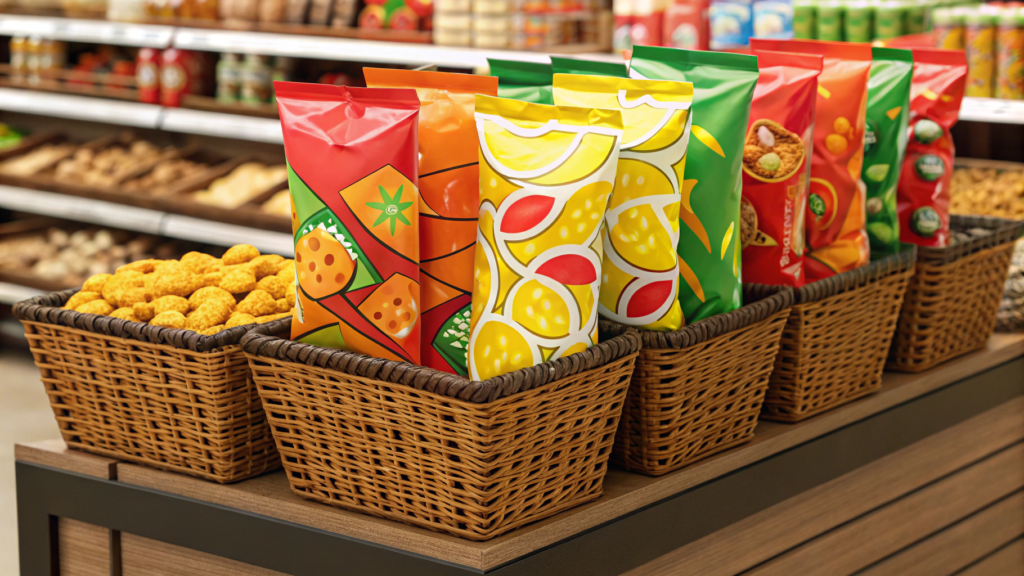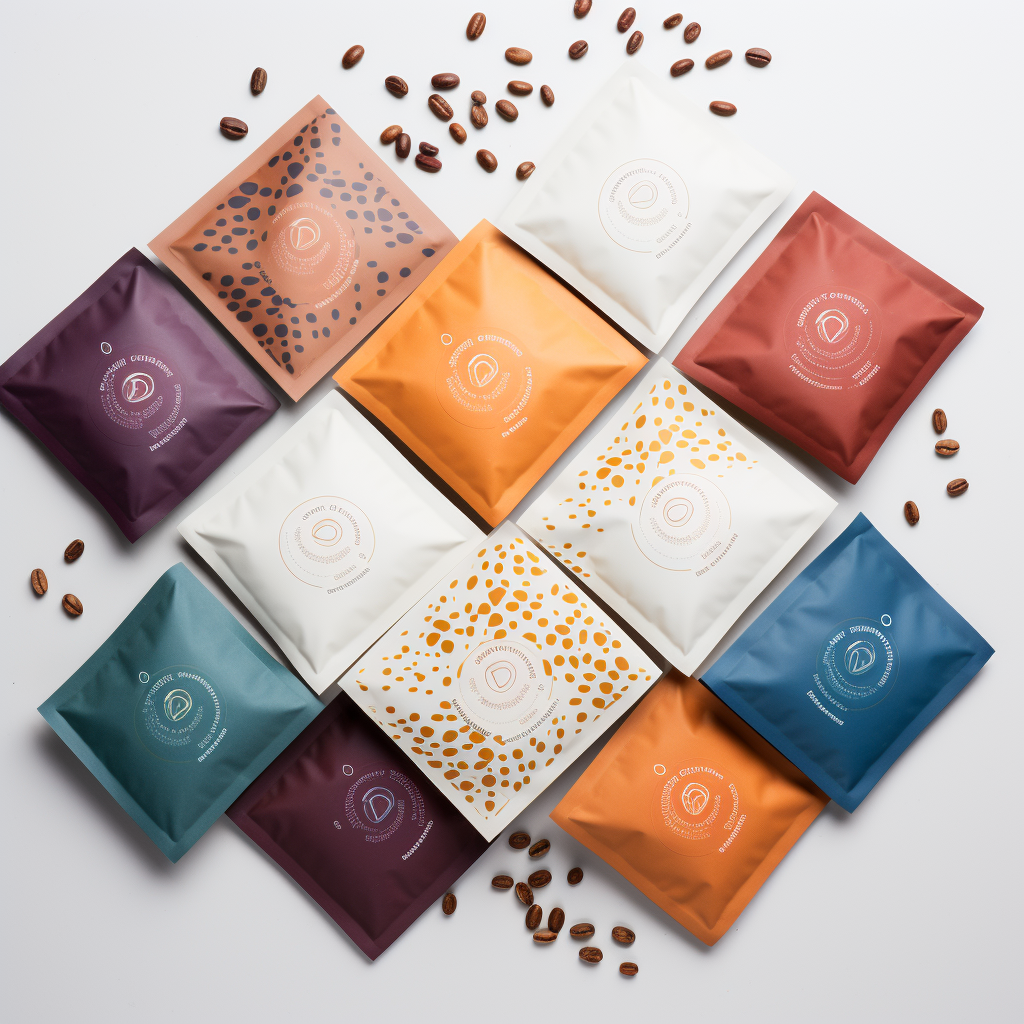
Consumers are increasingly seeking personalized and unique products. This shift in demand is reshaping the future of consumer goods in exciting ways.
Small-batch custom products meet consumers' desire for individuality, authenticity, and exclusivity, fueled by growing demand for personalization, environmental awareness, and agile production models.
To understand why small-batch production is gaining momentum, let's explore the factors that are influencing this growing demand for customized products.
How is the demand for personalized products shaping the future of consumer goods?
Personalized products are no longer just a luxury; they're becoming the norm. How are consumers driving this trend?
The demand for personalized goods is reshaping product creation and marketing, with consumers seeking items that reflect their identity and values.

The shift toward personalized products is rooted in a cultural and technological revolution. Today, social media and influencer culture have made it easier for consumers to express their individuality. Platforms like Instagram1 and TikTok2 have created a visual marketplace where consumers crave products that stand out and reflect their personal taste. With so many options available, the desire for uniqueness has never been more pronounced.
The Role of Social Media in Driving Personalization
Social media plays a major role in fueling this demand for personalized goods. Consumers now look for products that express their identity, and brands use platforms to showcase how their products align with their target audience’s lifestyle.
| Platform | Influence on Product Personalization |
|---|---|
| Instagram3 | Showcases products visually, promoting exclusivity and unique designs |
| TikTok4 | Influencers introduce new, niche products, creating demand for limited editions |
| Encourages users to create mood boards, sparking interest in custom designs |
As a result, brands are adjusting their strategies to cater to these preferences. Instead of offering mass-produced, one-size-fits-all products, companies are now focusing on creating bespoke items that appeal to niche markets. Small-batch production is a natural fit for this model, as it enables companies to offer exclusive products in limited quantities. This exclusivity makes the product more attractive, as consumers know they are purchasing something unique.
In my experience working with cannabis snacks, the ability to produce small batches of limited-edition flavors has been a game-changer. These unique offerings not only attract attention but also help create a loyal following. Consumers feel more connected to these products because they see them as personal expressions of their lifestyle.
Furthermore, the trend toward customization is not limited to the food industry. From fashion to home goods, every sector is embracing personalization. Whether it’s through custom prints, bespoke packaging, or made-to-order designs, brands are finding new ways to engage their customers by offering products that speak to their individuality.
Why do small-batch production methods better align with today’s consumer expectations?
Consumers demand more from brands than ever before. How does small-batch production fulfill these rising expectations?
Small-batch production meets consumer demands for exclusivity, authenticity, and sustainability, allowing businesses to stay flexible while fulfilling these expectations.

In today's market, consumers are looking for more than just a product—they’re looking for an experience, a story, and a connection. Small-batch production offers a way for businesses to deliver all of these elements.
Quality Over Quantity
One of the key advantages of small-batch production is the ability to offer products with a higher level of craftsmanship and attention to detail. Unlike mass production, where consistency is often prioritized over uniqueness, small-batch items can be crafted with care, making them more desirable to consumers who value quality over quantity. This focus on quality allows brands to tell a story with each product, adding a layer of meaning and authenticity that resonates with modern consumers.
| Benefit of Small-Batch Production | Example in Action |
|---|---|
| Enhanced quality | Custom-designed packaging for premium products |
| Greater attention to detail | Limited-edition food flavors or product variations |
| Stronger brand storytelling | Packaging that tells a brand's story, connecting with consumers on a deeper level |
Moreover, small-batch production methods are more sustainable, which is another important factor in today's consumer expectations. With increasing awareness of environmental issues, consumers are demanding that brands operate with greater responsibility. Small-batch production helps reduce waste by only creating what is needed, preventing overstock and excess goods from going to landfills. It also allows for better use of resources and minimizes the carbon footprint of production.
For example, at Tenders Packaging, we focus on digital printing and packaging solutions that enable small-batch production for our clients. This method not only reduces waste but also gives businesses the flexibility to experiment with designs and customize their products to better meet consumer needs. Whether it's a unique snack flavor or a special edition packaging design, small-batch production ensures that products are more aligned with what customers want, without overproducing or wasting materials.
What role do evolving consumer behaviors play in the rise of small-batch products?
Consumer behaviors are changing rapidly. How are these shifts driving the rise of small-batch products?
As consumers grow more mindful of their choices, they are increasingly drawn to products that align with their values, driving the rise of small-batch, customized goods.

The rise of small-batch products can be attributed to several evolving consumer behaviors, including a desire for personalization, increased environmental awareness, and the search for unique experiences. Today's consumers are more informed than ever before, and they are making purchasing decisions based on values such as sustainability, authenticity, and social impact.
Key Behavioral Shifts Driving Small-Batch Demand
- Personalization: Consumers seek products that reflect their individuality and personal preferences, pushing brands to offer customization options.
- Sustainability: Environmental concerns are causing consumers to gravitate toward brands that minimize waste and use ethical production practices.
- Unique Experiences: Consumers are looking for products that offer something special or different, driving demand for limited-edition or exclusive products.
One of the most significant trends is the desire for personalized products. As people seek ways to express their individuality, they are increasingly looking for items that are tailored to their tastes and preferences. Whether it's custom packaging, limited-edition flavors, or exclusive designs, consumers want to feel a sense of ownership over the products they buy. Small-batch production allows companies to meet this demand by offering unique products that can’t be found in mass markets.
Another important factor driving the growth of small-batch products is the growing awareness of environmental and ethical issues. Consumers are now more concerned about the impact their purchases have on the planet and society. As a result, they are gravitating toward brands that prioritize sustainability and responsible production methods. Small-batch production is inherently more sustainable because it produces fewer items, reduces waste, and lowers carbon emissions compared to large-scale manufacturing processes.
In my work with cannabis snacks, I've noticed how much customers appreciate the sustainability aspect of small-batch production. Not only does it allow us to offer unique products, but it also helps reduce our environmental footprint, which resonates with our eco-conscious customers. By aligning our brand with these values, we are able to build a stronger connection with our audience and meet their expectations for products that are both special and responsible.
Conclusion
Small-batch customized products are the future because they align with consumer desires for exclusivity, authenticity, and sustainability. This trend is reshaping industries, from food to fashion, and driving brands to adapt to a new era of mindful consumption.
-
Learn how Instagram drives consumer interest in personalized and unique products. ↩
-
Discover how TikTok shapes demand for personalized products and limited editions. ↩
-
Understand how Instagram promotes exclusivity and customization for brands. ↩
-
Explore TikTok’s impact on consumer behavior and product personalization. ↩

